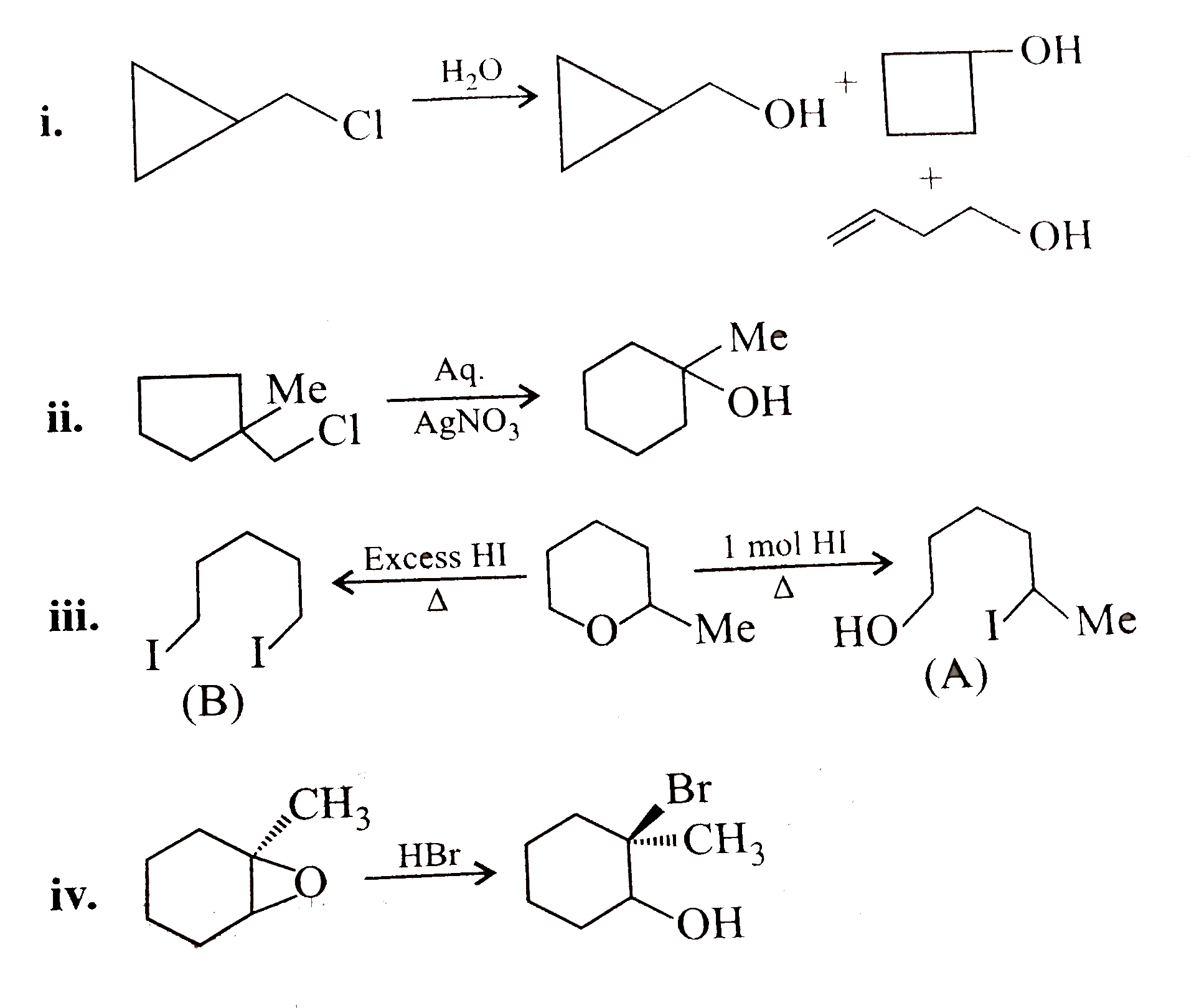Give suitable biological reasons for the following statements :
Acid rain is harmful to the environment.
Step-by-Step Solution:
1. Definition of Acid Rain:
Acid rain is defined as precipitation that contains high levels of sulfuric acid (H₂SO₄) and nitric acid (HNO₃). These acids form when sulfur dioxide (SO₂) and nitrogen dioxide (NO₂) are released into the atmosphere from sources such as burning fossil fuels, industrial processes, and vehicle emissions.
2. Formation Process:
When sulfur dioxide and nitrogen dioxide are emitted into the air, they react with moisture in the atmosphere to form sulfuric acid and nitric acid. This process leads to the acidification of rainwater, making it harmful to the environment.
3. Impact on Monuments:
Acid rain can corrode and damage buildings and monuments, particularly those made of limestone and marble. For example, the Taj Mahal has suffered from acid rain, which has led to the corrosion of its marble surfaces. This is due to the chemical reaction between the acids and the calcium carbonate in the marble.
4. Effects on Marine Life:
Acid rain can lower the pH of water bodies, making them more acidic. This change in pH can be detrimental to aquatic life, as many fish and other organisms are sensitive to changes in acidity. It can lead to decreased biodiversity and disrupt aquatic ecosystems.
5. Impact on Plant Life:
Acid rain can cause leaf damage in plants, leading to discoloration and reduced photosynthesis. The acids can corrode the leaves, impairing their ability to absorb sunlight and carry out photosynthesis effectively, which is crucial for plant growth and survival.
6. Soil Fertility:
Acid rain can leach essential nutrients from the soil, such as calcium and magnesium, which are vital for plant growth. This reduction in soil fertility can lead to poorer crop yields and affect the overall health of terrestrial ecosystems.
Conclusion:
In summary, acid rain is harmful to the environment due to its ability to corrode monuments, negatively impact marine life, damage plant leaves, and decrease soil fertility.
---
Acid rain is defined as precipitation that contains high levels of sulfuric acid (H₂SO₄) and nitric acid (HNO₃). These acids form when sulfur dioxide (SO₂) and nitrogen dioxide (NO₂) are released into the atmosphere from sources such as burning fossil fuels, industrial processes, and vehicle emissions.
When sulfur dioxide and nitrogen dioxide are emitted into the air, they react with moisture in the atmosphere to form sulfuric acid and nitric acid. This process leads to the acidification of rainwater, making it harmful to the environment.
Acid rain can corrode and damage buildings and monuments, particularly those made of limestone and marble. For example, the Taj Mahal has suffered from acid rain, which has led to the corrosion of its marble surfaces. This is due to the chemical reaction between the acids and the calcium carbonate in the marble.
Acid rain can lower the pH of water bodies, making them more acidic. This change in pH can be detrimental to aquatic life, as many fish and other organisms are sensitive to changes in acidity. It can lead to decreased biodiversity and disrupt aquatic ecosystems.
Acid rain can cause leaf damage in plants, leading to discoloration and reduced photosynthesis. The acids can corrode the leaves, impairing their ability to absorb sunlight and carry out photosynthesis effectively, which is crucial for plant growth and survival.
Acid rain can leach essential nutrients from the soil, such as calcium and magnesium, which are vital for plant growth. This reduction in soil fertility can lead to poorer crop yields and affect the overall health of terrestrial ecosystems.
In summary, acid rain is harmful to the environment due to its ability to corrode monuments, negatively impact marine life, damage plant leaves, and decrease soil fertility.
Topper's Solved these Questions
Similar Questions
Give biological explanations for the following statements:
A Bat is a Mammal.View SolutionGive suitable biological reasons for the following statement :
Root hairs become flaccid and droop when excess fertilizers are added to the moist soil around them .View SolutionDefine the following terms :
acid rainView SolutionGive biological reason for the following statement
The birth rate in India is very high.View SolutionGive a suitable mechanism for the following :
 .View Solution
.View SolutionGive biological reason for the following statement
Education is very important for population control.View SolutionGive biological reason for the following statement
Cutting of trees should be discouraged.View SolutionGive biological reason for the following statements :
In some xerophytes, leaves are modified into spines.View SolutionWhich of the following statement is not true abount acid rain ?
View SolutionGive biological reason for the following statements :
Plants growing in fertilized soil are often found to wilt if the soil is not adequately watered.View Solution
